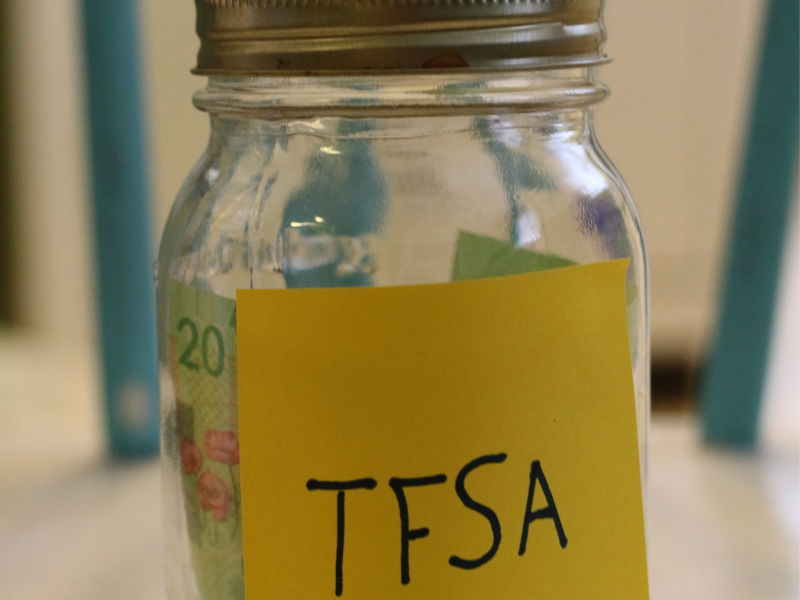Assessing the benefits of maintaining a Tax-Free Savings Account (TFSA) is often off the radar of a U.S. income tax filer. With all the advantages to a Canadian resident, most view TFSAs as something good. However, there are a few reasons why U.S. filers should give these accounts some extra thought.
What is a TFSA?
The Canadian government offers several tax savings plans to Canadian residents. One such option is a TFSA. Now, like a U.S. Roth Individual Retirement Account (IRA), there is no tax paid on eligible withdrawals from a TFSA. Also, there is also no deduction on a Canadian return for TFSA contributions.
Unlike a Roth IRA, income level is not a primary factor in figuring out whether you are eligible to contribute to a TFSA. This means that regardless of annual income, most Canadian residents are able to contribute amounts to a TFSA.
TFSA Benefits – Canada
So, for a Canadian-only resident, then the TFSA is your best friend. They permit individuals to contribute limited amounts ($6,000 in 2021) to investment accounts for their own benefit. TFSA’s are a great way to invest in yourself without paying taxes. When you take money out of your TFSA, all the earnings are yours and it won’t be taxed in Canada. No tax accrues to the recipient on earnings from eligible contributions.
TFSAs on a U.S. Income Tax Return
Keep in mind that TFSA contribution room only accrues in the years an individual is resident in Canada. While non-residents of Canada are permitted to retain their TFSA accounts, contributions made accrue a 1% per month penalty. There are also some U.S. tax implications of Canadian TFSAs that may render any benefits on the Canadian side negligible. Here are three things you should know:
- TFSA earnings are generally included on a U.S. income tax return as taxable income;
- If you hold mutual funds or other investments considered passive foreign investment companies, you may need to file a Form 8621 in addition to your Form 1040; and
- Depending on the type and amount of investments held in a TFSA, you may need to file special information returns under FBAR and FATCA with both the IRS and the Financial Crimes Enforcement Network (FinCEN).
Because of this, U.S. filers should carefully consider the benefits of these accounts. They are taxable in the U.S. and may trigger the need to file other information forms with both the IRS and FinCEN.
Need help from a cross-border tax specialist in Oakville or Toronto?
Karlene J. Mulraine, EA, CPA, CA, CPA (NH) is the President of Cross-Border Financial Professional Corporation. Follow us on Linkedin and Twitter, or hang out on Facebook.
The views expressed in this article are those of the author and should not be relied on to make decisions. Consider discussing your specific circumstances with an appropriate specialist.

